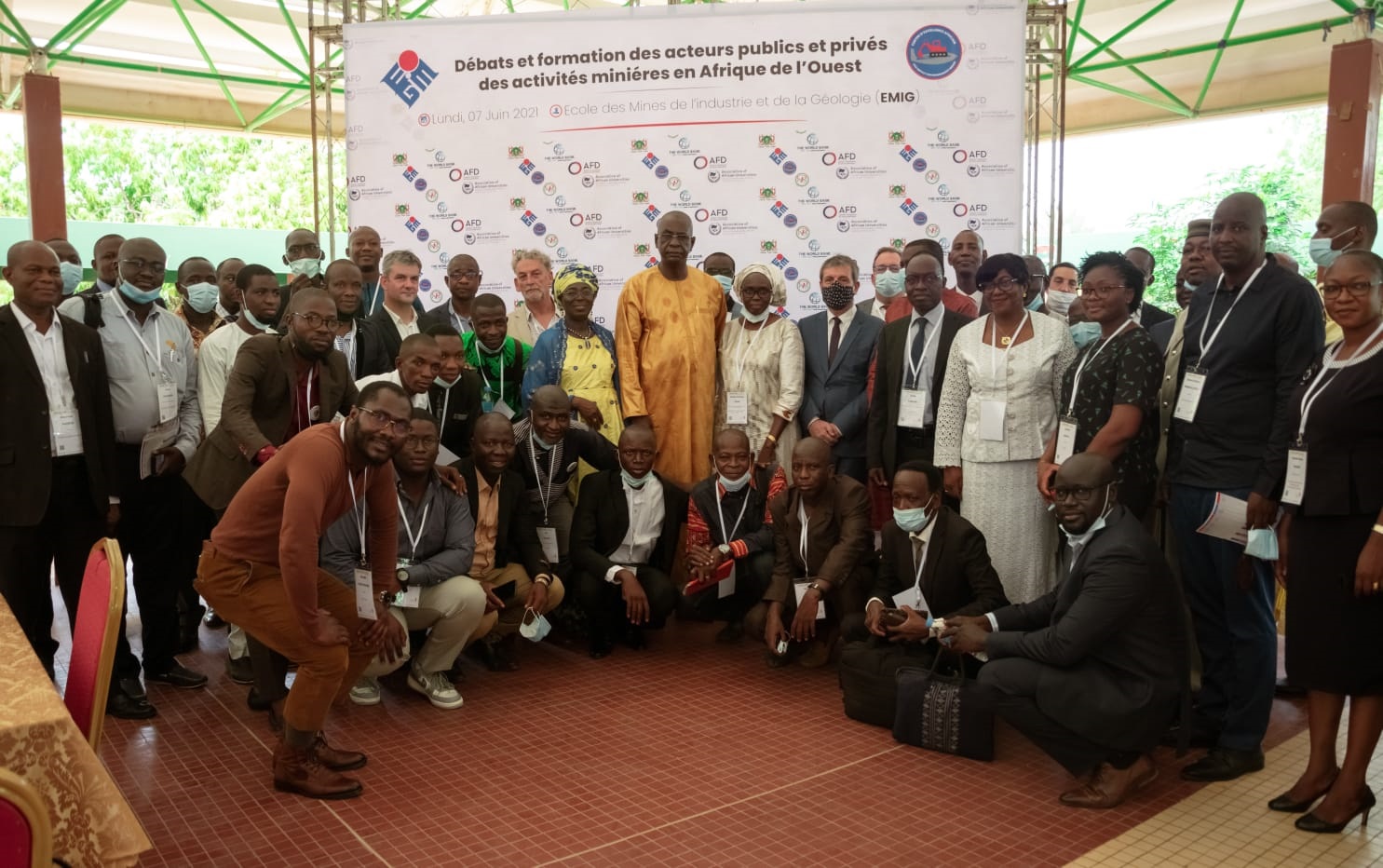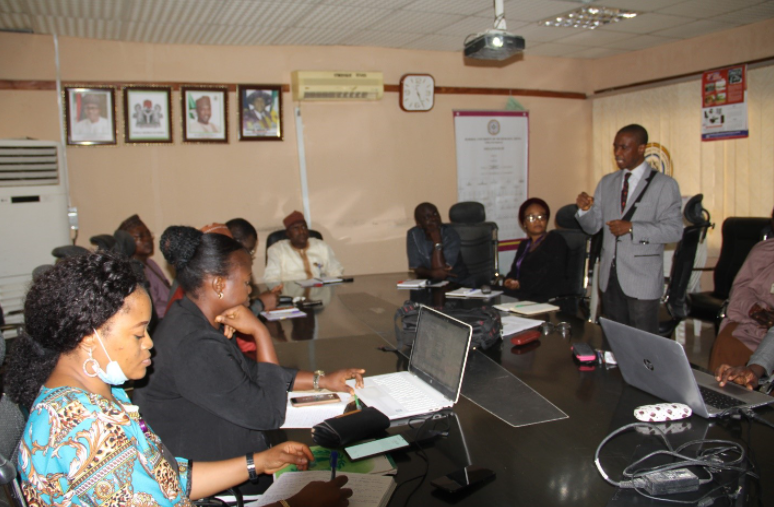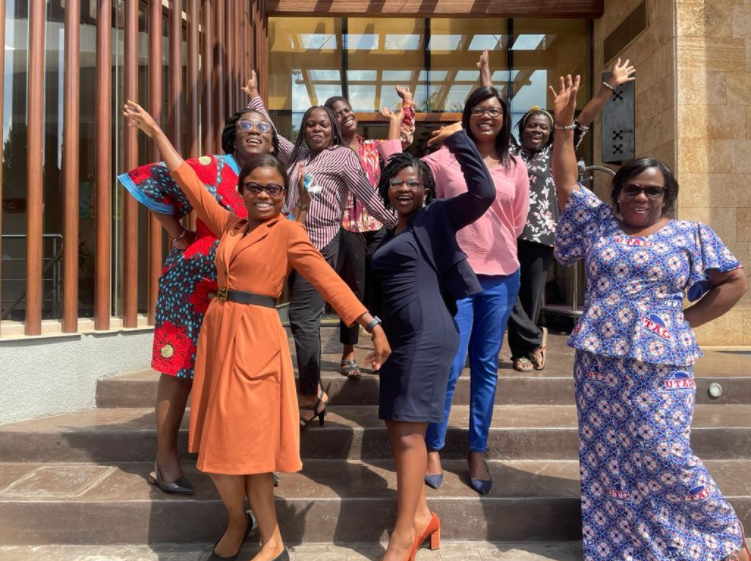The ACE Project seeks to train experts in various research fields to find solutions to regional developmental challenges.
What is the ACE Project?
The World Bank in collaboration with West and Central African countries launched the Africa Centers of Excellence Project in 2014. The ACE 1 project objective is to:
– Promote regional specialization among participating universities in areas that address specific common regional development challenges
– Strengthen the capacities of these universities to deliver high quality training and applied research
– Meet the demand for skills required for Africa’s development such as the extractive industriesThe Association of African Universities Secretariat is the appointed Regional Facilitating Unit for the ACE 1 Project.


Focus of the ACE 1 Project
The World Bank in collaboration with The project is focusing on strengthening 22 existing institutions in West and Central Africa. The investment is around US$8 million per institutions. The 22 centers were competitively selected using criteria benchmarked to the best international practice. The 22 ACEs have the following goals:
-1. To strengthen post-graduate programs for a regional student body
2. To Offer specialized courses for industry professionals in the region
3. To establish a regional faculty body, improve their faculty and attract additional top level faculty
4. To provide learning resources, labs and minor rehabilitations of existing facilities
5. To establish linkages with companies, government agencies and research centers for work-place learning input into the curricula, consultancies and joint research
6. To collaborate with partner institutions to share the benefits of the investments, for example through training of faculty, sharing of curricula and sharing of learning resources
Which countries are part of ACE 1?
The list of the 8 participating countries is below including the thematic areas:
| Country | Science, Technology, Engineering and Math (STEM) | Agriculture | Health |
|---|---|---|---|
| Benin | 1 (Applied Mathematics) | – | – |
| Burkina Faso | 1 (Environment and Water Engineering with Agro-business Elements) | – | |
| Cameroon | 1 (Water and Environmental Engineering and Sciences) | – | – |
| Cote d’Ivoire | Statistics STEM-Climate Change STEM – Mining and Environment | – | – |
| Ghana | 1 (Water and Environmental Engineering and Sciences) | 1 (Crop Science and Plant Breeders) | 1 (Cell Biology of Infectious Diseases) |
| Nigeria* | 3 (Material Sciences and Petroleum Engineering; Oil Chemical Engineering and Sciences, Science and Technology Transfer) | 3 (Agriculture and Environment Sciences, Dry-land Agriculture, Food technology) | 4 (Neglected Tropical Diseases, Phytomedicine Science; Infections Diseases Pathologies; Reproductive Health) |
| Senegal | 1 (Mathematics and ICT) | – | 1 (Maternal and Child Health) |
| Togo | – | 1 (Poultry Sciences) | – |
| TOTAL | 11 | 5 | 6 |
The role of the private sector in the ACE 1 Project
The ACE 1 project is:
1. Supporting knowledge partnerships with universities and international research networks
2. Forging knowledge partnerships with the private sector to strengthen curricula and research
3. Supporting institutions to meet international standards and to generate income through consultancies


ACE 1 Project Beneficiaries
The ACE 1 Project is benefiting the following:
1. Students in supported institutions and their partner institutions from across Western and Central Africa who will benefit from quality research-based education in high demand areas
2. Companies, governmental or non-governmental organisations that partner with the Africa Centers of Excellence who gian from more interns and graduates with highly relevant training
3. Faculty and staff in the Africa Centers of Excellence who benefit from improved teaching and research conditions
Who is Funding the ACE Project
The ACE 1 project is funded through the World Bank International Development Assistance (IDA) funds. The funds are provided as loans to the participating African governments

List of ACE's in West and Central Africa
African Centre of Excellence for Genomics of Infectious Diseases(ACEGID)
Redeemer’s University, Ede, Nigeria
African Centre of Excellence for Neglected Tropical Disease and Forensic Biotechnology
Ahmadu Bello University, Zaria, Nigeria
African Centre of Excellence in Phytomedicine Research and development(ACEPRD)
University of Jos, Nigeria
Centre d’Excellence Africain Mines et Environnement Minier (CEA MEM)
Insitut National Polytechnique Felix Houphouet-Boigny, Cote d’Ivoire
OAU ICT- Driven Knowledge Park (OAK-Park)
University of Obafemi Awolowo, Nigeria
Pan African Materials Institute
African University of Science and Technology, Nigeria.
ACE in the Education and Research with Water, Energy, and Environment sciences and Technologies
Institut International d’Ingénierie de l’Eau et de l’Environnement 2ie, Burkina Faso
Centre d’Excellence Africain en Technologies de l’Information et de la Communication (CETIC)
University of Yaounde, Cameroun
Centre d’Excellence Africain en Sciences mathematiques et Applications (CEA-SMA)
Universite d’Abomey-Calavi, Republic of Benin
Center of Excellence in Oilfeild Chemicals Research (CEFOR)
University of Port Harcourt, Nigeria
Centre d’Excellence Regional sur les Sciences Aviaires (CERSA)
University of Lome, Togo
Regional Water and Environmental Sanitation Centre Kumasi (RWESCK)
Kwame Nkrumah University of Science and Technology, Ghana.
West African Centre for Cell Biology of Infectious Pathogens (WACCBIP)
University of Ghana, Legon, Ghana.
Africa Center of Excellence in Mathematics, Informatics, and ICT
University of Gaston Berger, Senegal.
African Center of Excellence for Training Plant Breeders, Seed Scientists and Technologists (WACCI)
University of Ghana, Legon, Ghana.
Center for Agricultural Development and Sustainable Environment (CEADESE)
Federal University of Agriculture, Abeokuta, Nigeria.
Center for Food Technology and Research (CEFTER)
Benue State University, Makurdi, Nigeria.
Center in Dryland Agriculture (CDA)
Bayero University, Kano, Nigeria.
Center of Excellence in reproductive Health Innovation (CERHI)
University of Benin, Nigeria.
CEA-SAMEF in Maternal and Child Health
Université Cheikh Anta Diop, Sénégal
Center of Excellence for Climate Change, Biodiversity and Agriculture (CEA-CCBAD)
Felix Houphouët-Boigny University, La Cote d’Ivoire
ACE in Statistics
École national supérieure de statistique et d’économie appliquée (ENSEA, La Cote d’Ivoire